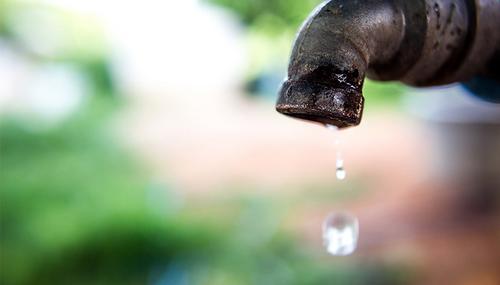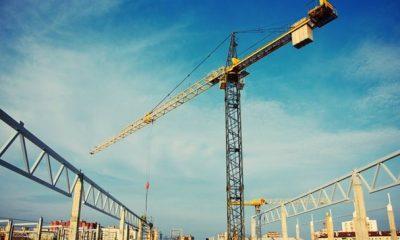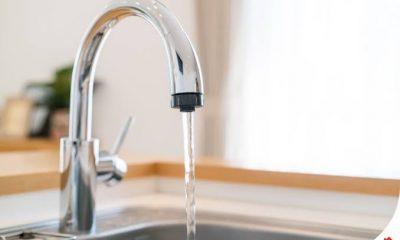411
South Africa’s Water Crisis: Urgent Action Needed to Prevent Total Collapse, Experts Warn

South Africa’s water system is facing a potential collapse, and the need for urgent intervention has never been more critical. According to the Association of Water and Sanitation Institutions of South Africa (AWSISA), the country is at a tipping point where many communities are already suffering from prolonged water shortages. Experts point to poor municipal governance and a failure in service delivery as the root cause of the crisis.
In a statement released last week, AWSISA made it clear that the blame should not rest solely on the shoulders of water boards. “The current crisis stems not from water boards but from the widespread collapse of municipal governance and service delivery,” the association said. While water boards are often seen as the culprits, they are self-funding entities that receive no government bailouts or operational grants. On the other hand, municipalities, which are responsible for water delivery, benefit from multiple infrastructure-related grants.
However, despite this financial support, municipalities owe over R28 billion to water boards, failing to pay for the bulk water they procure. This non-payment has added to the strain on an already fragile system, preventing water boards from operating effectively and providing services to communities. The situation is further complicated by the fact that many municipalities, despite being designated as water service authorities, lack the technical, managerial, and financial capacity to manage water services.
Currently, more than 100 municipalities across South Africa are deemed dysfunctional, plagued by failing infrastructure, poor water quality, and an inability to manage water-related grants effectively. The situation is so dire that billions of rands in allocated infrastructure funding are returned to the treasury every year due to a failure to spend it.
Despite these challenges, water boards have been stepping in, providing technical support, emergency water supplies, and guidance on infrastructure projects. But a sustainable solution is urgently needed. To address this, AWSISA has proposed a public-private special purpose vehicle (SPV) model, which would facilitate collaboration between water boards, municipalities, and the private sector to ensure effective, transparent, and sustainable water service delivery.
This model has already gained in-principle support from many municipalities and has been endorsed by the Department of Water and Sanitation. However, it is still awaiting approval from the National Treasury. According to AWSISA Deputy Chair, Ndweleni Mphephu, the lack of infrastructure maintenance is one of the main issues plaguing many municipalities, with some losing up to 40% of their water to leaks. Additionally, illegal water connections and infrastructure vandalism continue to contribute to the deteriorating situation.
Water expert Anthony Turton has warned that South Africa is at risk of localized day-zero events across the nation, which could leave millions without water. He emphasized the critical role that poor municipal governance plays in this crisis, calling the attempt to blame water boards “an act of sabotage.” Turton supports the public-private partnership proposal, pointing to the successful example of Rand Water, which has already implemented this model to improve service delivery in municipal environments.
The time to act is now. Without swift intervention and a cooperative approach between government, municipalities, and the private sector, South Africa’s water crisis will only worsen. The future of millions of South Africans depends on finding sustainable solutions and ensuring that water delivery is both effective and resilient.
{Source: Daily Investor}
Follow Joburg ETC on Facebook, Twitter , TikTok and Instagram
For more News in Johannesburg, visit joburgetc.com



























